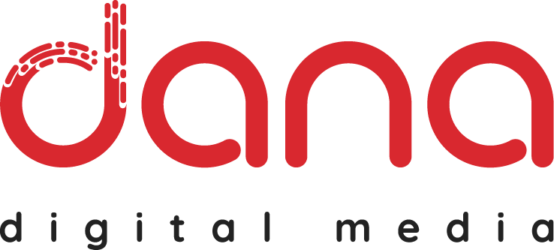About Us
- Dekwaneh - Roundabout - Alma Center - 6 & 7th Floor
- +961 1 692026
- [email protected]
- Week Days: M-F 8:00 Till 17:30
AI In Marketing, Content Optimization, AI-friendly content
- Home
- How AI is Changing Digital Marketing

Artificial Intelligence (AI) in Marketing
Artificial intelligence (AI) is no longer a concept or technology focused solely on robots. Instead, it has a wide range of applications for marketers to automate tasks, personalize content, organize leads, and analyze and predict customer behavior. Consequently, there has been an explosion in new AI tools and technologies. Technology companies are racing to create bigger and better tools to help brands across industries improve productivity and increase efficiency.
Furthermore, AI is changing digital marketing. It is offering people new ways to search and be found online, get tailored recommendations, communicate with brands (e.g., chatbots), and access information such as through voice search.
Pros and Cons of AI in Marketing
Pros
- Boosts productivity: Automate repetitive tasks to focus on being more creative and strategic. For instance, use AI tools to schedule and post on social media channels based on insights such as the optimal time of day.
- Drives efficiency: Utilize AI for tasks like data input, sorting campaign leads, and replying to customer queries.
- Offers insights: Gain data-driven insights into customers and campaigns for strategic decisions.
- Personalize at scale: Analyze customer data and create tailored content to enhance customer experience.
- Content generation and optimization: Generate optimized content for all digital channels using AI tools.
- Boosts ROI: Predict buying behavior to improve user experience and provide relevant content throughout the marketing funnel.
- Predictive analysis: Use historical data to predict market trends or customer behavior for more accurate and effective planning.
Cons
- Lack of accuracy: Errors in data can lead to inaccuracies in analysis and costly decisions.
- Requires skills: AI tools require knowledge and skills to use effectively, making upskilling important.
- Bias: AI effectiveness depends on the data used, which can include biases.
- Data sensitivity and security: AI systems use extensive datasets, including sensitive information that must be managed securely.
- Ethics: Concerns include consent, data manipulation, and hyper-targeted ads.
- Transparency: Issues with plagiarism, authorship, and intellectual property protection become relevant as AI-generated content increases.
Different Types of AI in Marketing
Machine Learning (ML)
ML allows machines to problem-solve by drawing on previous data sets and making predictions based on data. For marketers, ML can be applied to ad targeting, lead generation, and search engine optimization. For example, ML can analyze large sets of customer data to identify patterns and categorize customers based on behavior, preferences, demographics, location, and purchasing history.
AI Assistants & Chatbots
Chatbots use ML and Natural Language Processing (NLP) to interact with clients and customers. They can answer questions, fulfill orders, and gather information about visitors. Platforms like Drift and Intercom offer automated response platforms.
Voice Search
AI handles various types of searches, including voice recognition. Voice search is on the rise, with many people using voice assistants and smart speakers. For example, Google integrates AI voice recognition technology into its products and services, such as Google Search, Google Assistant, and Google Home devices.
Marketing Automation & Personalization
AI marketing automation uses AI and ML algorithms to automate and optimize marketing activities. It helps understand buyer behavior and decision-making, enhancing personalization, cost-effectiveness, ROI, and enabling data-driven decisions. For instance, AI can help identify new growth opportunities, optimize ad spending, and improve customer engagement.
Future of AI in Digital Marketing
AI is expected to continue enhancing marketing strategies through hyper-personalization, improving customer experiences, and streamlining campaign processes. It will optimize activities on digital channels, including social media and email marketing, and boost influencer marketing campaigns.
In the short term, AI will play a significant role in search marketing as competition for consumer attention intensifies. Creating content that is both human and AI-friendly will become crucial for visibility in search results. Social media platforms, like TikTok, are also becoming search engines, changing how people seek information.
In summary, while AI offers many advantages in marketing, it also presents challenges that require careful consideration and management. Marketers should leverage AI tools to enhance their strategies, focusing on creativity, ethical use, and continuous learning.
#Managedwebhosting #SearchenginerankingimprovementinUSA #E-commercewebsitesecurity #Affordablewebhosting #ManagedhostingsolutionsinCanada

